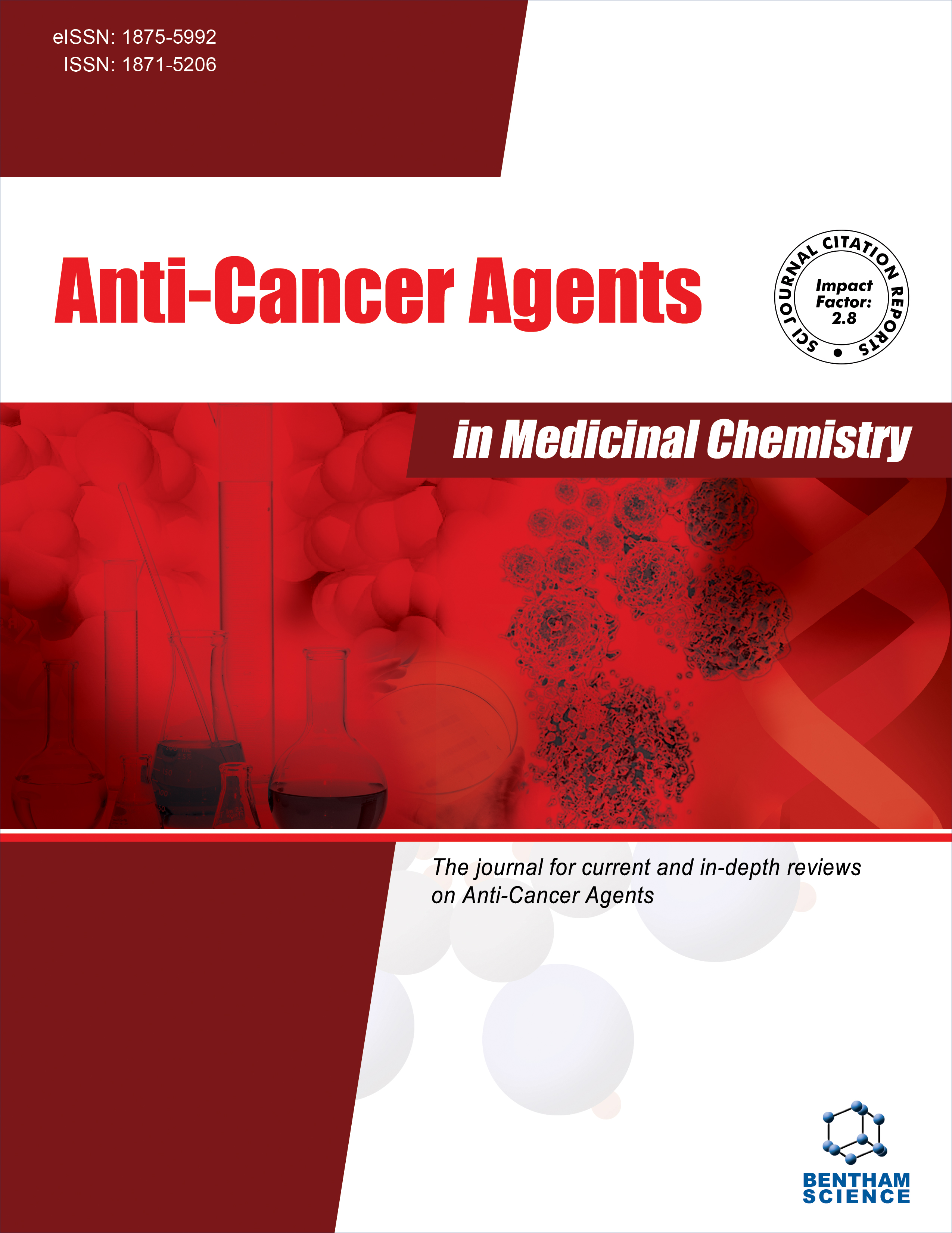
Full text loading...

Colorectal cancer is an important cause of cancer-related mortality, necessitating innovative therapies to improve efficacy and reduce side effects. This study explores the potential of Cisplatin and Rutin-loaded nanoliposomes (Cis-NLs and Rut-NLs) for anti-colorectal cancer activity.
Cis-NLs and Rut-NLs were prepared using thin-film hydration, achieving encapsulation efficiencies of 95.5% and 62.5%, respectively. Drug release studies revealed controlled profiles, with Cis-NLs showing a complete release (100%) and Rut-NLs reaching 23.48% over 48 hours. Stability assessments demonstrated minimal changes in size, polydispersity index (PDI), and zeta potential over three months. Encapsulation efficiency decreased slightly for Cis-NLs (92.87%) and significantly for Rut-NLs (26.55%). Several tests were performed to evaluate the biological activity of this combination on colorectal cancer cells and HDF cells to check its selectivity.
In vitro cytotoxicity studies on HT29 colorectal cancer cells revealed IC50 values of 1.72 µg/mL for free Cisplatin, 2.35 µg/mL for Cis-NLs, >100 µg/mL for free Rutin, and 63.33 µg/mL for Rut-NLs. A combination of Cis-NLs and Rut-NLs reduced the IC50 to 2.2 µg/mL. Selective toxicity evaluation using human dermal fibroblasts showed an IC50 of 79.24 µM for cisplatin, reduced to 63.3 µM in Cis-NLs, with Rut-NLs demonstrating negligible toxicity.
Wound healing assays confirmed significant inhibition of cell migration, with wound closure reduced from 62.41% in controls to 34.35% in treated groups. Utilizing nanotechnology, liposomal formulations were synthesized to enhance drug delivery and therapeutic synergy.
These results highlight the potential of Cisplatin and Rutin-loaded nanoliposomes as a combination therapy for colorectal cancer.